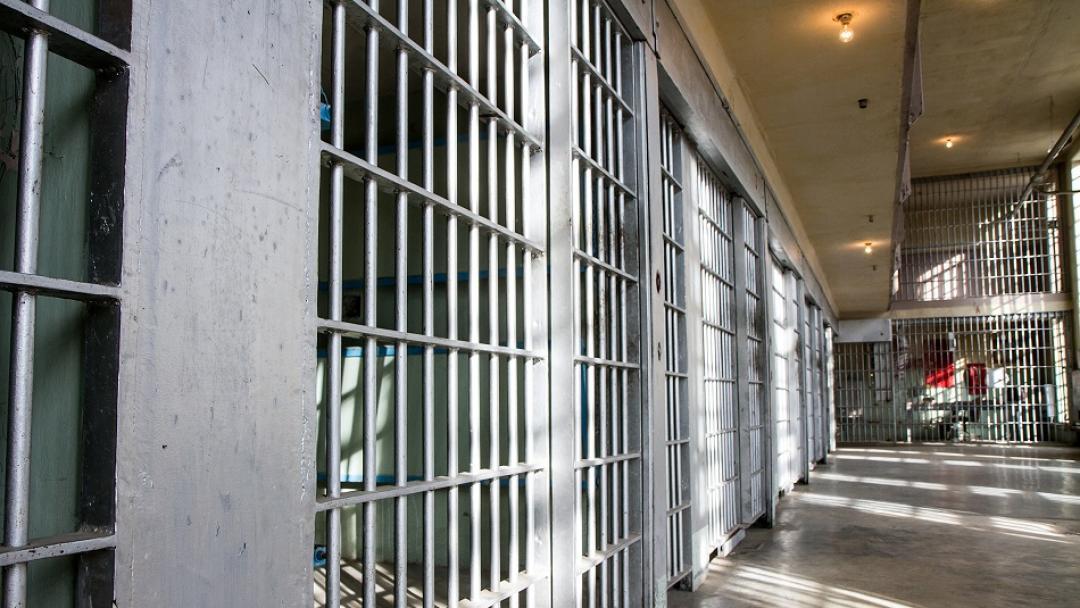
Prisoners’ view of the inmate grievance system depends on outcome, Social Ecology faculty find.
For years, prisoners have complained about sweltering heat conditions in prisons, where temperatures in certain hot climates can exceed 100 degrees and where heat exhaustion can kill. To protest those sweltering temperatures, and to complain about an array of other examples poor treatment or harsh conditions, prisoners file grievances – tens of thousands of them a year in California alone.
The prisoner grievance system is the legally sanctioned internal mechanism for prisoners to contest conditions in prisons. Federal law requires that prisoners exhaust this administrative process before going to the courts, but the process is time-consuming and challenging to navigate, and the vast majority of prisoner grievances are denied.
Prisoners often judge the fairness of the grievance process mainly based on the outcome rather than the merits of the process, according to a study published in Law & Society Review by Valerie Jenness, professor of criminology, law and society, and Kitty Calavita, a Chancellor’s professor emerita of criminology, law and society.
More specifically, Jenness and Calavita found that both the process and the outcome of grievance disputes matter to prisoners as they judge their satisfaction with the system, but the outcome of the grievance – whether it is denied or granted – largely drives their assessment of the process. When prisoners receive a good outcome, they are satisfied with the inmate appeals system and often perceive the system as fair.
And since prisoners lose almost universally in the grievance system – 99 percent or more of grievances are denied – the system is often viewed as very unfair.
Calavita and Jenness discussed prisoner grievances at the 2018 Corrections Summit in Santa Ana in April. Sponsored by the United States Court of Appeals for the Ninth Circuit, the program brought together state and federal corrections officials, judges, state deputy attorneys general, staff attorneys, formerly incarcerated people, academics, plaintiffs’ counsel and other stakeholders to share perspectives on prison conditions and effective reentry programs. The planning committee organized a panel on prison grievance procedures as problem-solving mechanisms.
As Calavita and Jenness point out in their book Appealing to Justice, prisoners who file grievances are taking their complaints to the same authorities that they are complaining about. “It’s a system within the system they’re complaining about,” Jenness says. “It’s problematic to have a system where the prison is the defendant, judge and jury.”
For the study, Jenness and Calavita interviewed a random sample of 120 California prisoners from three prisons, and examined official data from the California Department of Corrections and Rehabilitation. They spent hundreds of hours listening to prisoners discuss how they think about, engage with, and experience the grievance system; they spent many more hours reading official grievances submitted by hundreds of prisoners.
Over and over again, when the men in the study were asked whether they were satisfied with how their grievance was managed, they replied with some version of, “No, it didn’t get granted.” When asked more generally whether they were satisfied with the grievance system, one prisoner summarized what many others also said: “It depends on the outcome.”
Jenness and Calavita also found that prisoners whose grievances were granted were satisfied with both the process and the outcome, while those whose grievances were denied were dissatisfied with both.
One likely reason for the influence of outcomes in the grievance system is the life-or-death stakes in prison, along with the marginalized position and subjugation of the population, Jenness says. For example, statistical tests revealed that the outcome of the grievance process mattered even more for high-stakes grievances such as medical and disciplinary grievances than it did for other, lower-stakes requests.
“The prison is their landlord, banker, therapist and safety keeper. It’s a very high stress environment,” Jenness says. “How people experience satisfaction and perceive fairness is contexualized by where you are in the world. These people are locked up. That is what distinguished the prisoner grievance system from other grievance systems.”